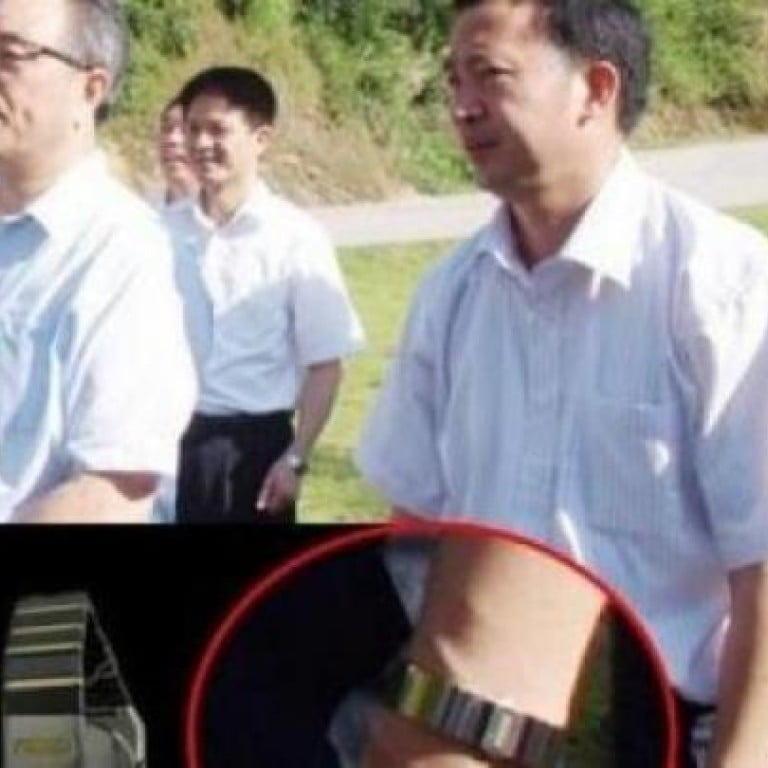
Chinese increasingly worry about graft and inequality, survey says
A growing number of mainland Chinese worry about corruption, inequality and food safety, a survey said, weeks before China unveils its next generation of leaders.
A growing number of mainland Chinese worry about corruption, inequality and food safety, a survey said, weeks before China unveils its next generation of leaders.
The survey, released on Tuesday, comes ahead of a Communist Party congress starting on November 8, where those who will hold power for the next decade will be announced.
“As China prepares for its once-in-a-decade change of leadership, the Chinese people believe their country faces serious and growing challenges,” the authors of the survey wrote.
“In particular, the side effects of rapid economic growth, including the gap between rich and poor, rising prices and pollution are major concerns, and there are also increasing worries about political corruption.”
Graft is a particular sore point for leaders of the world’s second-largest economy. The Communist Party has repeatedly warned that anger over corruption could threaten its survival, or at least destabilise its tight hold on power.
Half the respondents said they thought corrupt officials were a very big problem, up 11 percentage points from four years ago, while one-third thought corrupt business people were a major concern, up from around one-fifth in 2008.
Many Chinese have been enraged this year by a string of incidents of corruption and misuse of power, including a high-speed Ferrari crash reportedly involving the son of a senior official and a local official photographed flaunting luxury watches beyond the reach of his salary.
More sensationally, Bo Xilai, the former Communist Party chief of the city of Chongqing and a one-time high-flyer, was sacked this year on charges of graft and bending the law to hush up the murder of a British businessman by his wife.
One of the most dramatic shifts in public opinion was over food safety. Respondents rating it a very big problem jumped almost 30 percentage points from 2008 figures, underscoring the impact of repeated food scandals on public confidence.
Chinese media report on food adulteration cases almost every day, including the scourge of old cooking oil dredged from gutters to be re-packaged and re-sold, and the regular tainting of dairy products with poisonous substances.
The findings are part of an ongoing research in China that has gone on for years, said Richard Wike, associate director of the Pew Research Center’s Global Attitudes Project.
Inflation remained the biggest worry in the survey although fewer Chinese now view prices as a very big problem compared with four years ago. But a still significant six-in-10 rated it a top worry, down from more than seven-in-10 four years ago.
